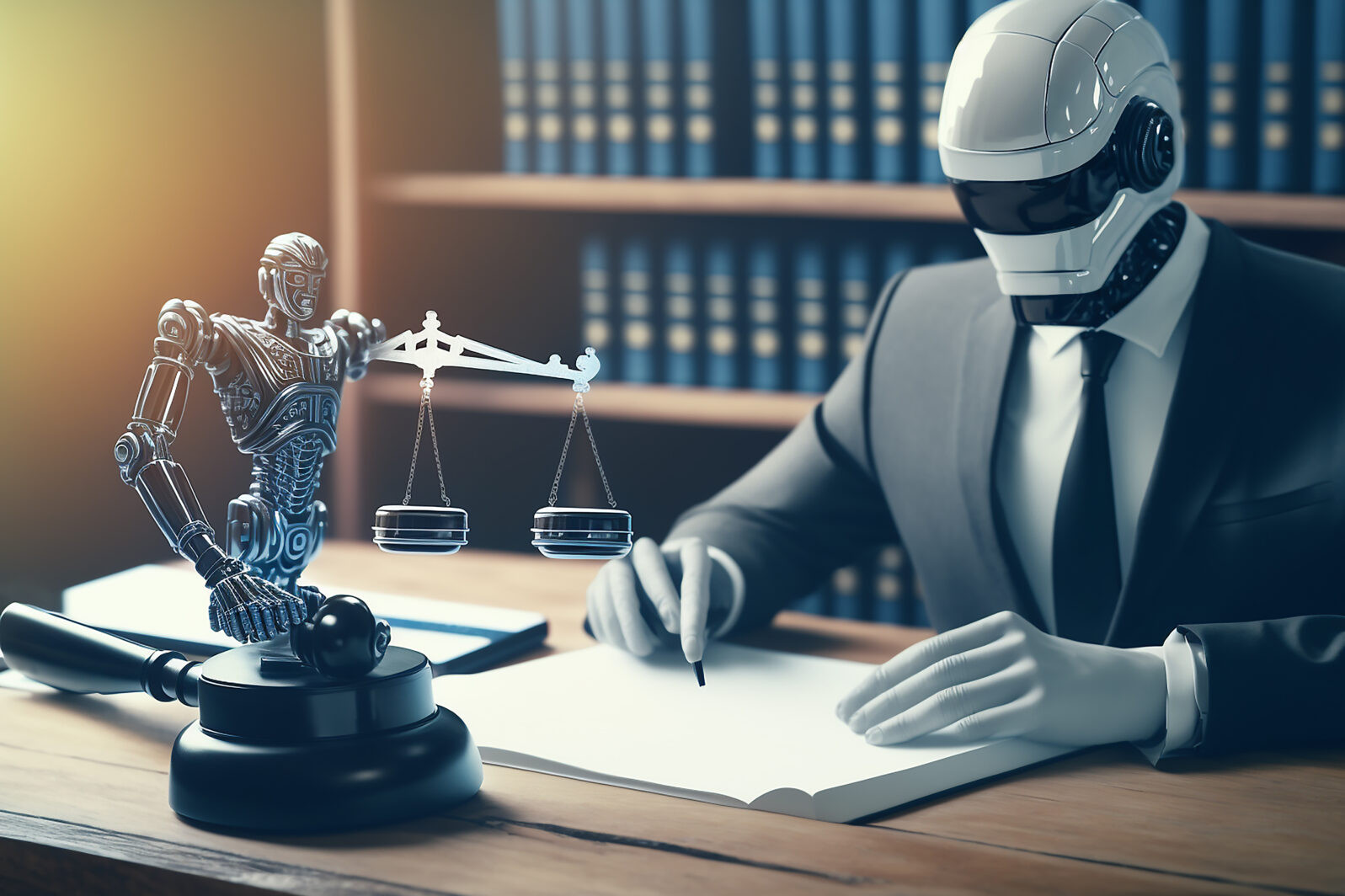The Rise of AI in Law: From Assistants to Advocates
Artificial intelligence (AI) is no longer a futuristic concept. It is rapidly transforming various industries, and the legal field is no exception. From automating mundane tasks to providing insightful legal analysis, AI is revolutionizing how lawyers work and how legal services are delivered.
Streamlining Legal Processes: AI's Efficiency Advantage
One of the most significant impacts of AI in law is its ability to streamline legal processes. AI-powered tools can automate tasks that traditionally required hours of manual labor, such as contract review, document analysis, and legal research. For instance, AI can quickly scan large volumes of documents to identify relevant clauses or legal precedents, saving lawyers valuable time and effort. This efficiency allows lawyers to focus on more strategic and client-centric aspects of their work.
Enhancing Legal Research: AI's Power of Analysis
AI is also revolutionizing legal research by providing lawyers with access to a vast pool of information and advanced analysis capabilities. AI-powered research platforms can analyze case law, statutes, and regulations, offering insightful predictions about the potential outcome of a case or the validity of a legal argument. This data-driven approach can significantly enhance the accuracy and effectiveness of legal research, enabling lawyers to make more informed decisions.
Legal Robots: The Future of Legal Representation?
The integration of AI in law raises questions about the future of legal professions. While AI is unlikely to fully replace human lawyers, it is transforming the role of lawyers and the nature of legal services. AI-powered legal assistants can handle routine tasks, freeing up lawyers to focus on more complex and strategic matters. However, the use of AI in legal services also raises ethical concerns about bias, transparency, and accountability.
Navigating the Ethical Landscape: Ensuring Accountability
The increasing use of AI in legal services necessitates a careful examination of ethical considerations. It is crucial to ensure that AI systems are developed and implemented in a responsible and accountable manner. This includes addressing concerns about bias in algorithms, maintaining transparency in decision-making processes, and ensuring human oversight of AI-powered legal tools. It is essential to strike a balance between harnessing the power of AI and preserving the core values of the legal profession, such as fairness, justice, and ethical practice.
The Future of Law: A Collaborative Landscape
The future of law is likely to be a collaborative landscape where humans and AI work together to deliver effective legal services. AI will continue to play an increasingly important role in supporting lawyers, automating tasks, and providing insightful analysis. However, the human element will remain crucial for judgment, empathy, and ethical decision-making. The legal profession must embrace AI while upholding the fundamental principles of justice and ethical practice.
Embracing the Change: Adapting to the New Normal
The legal industry is undergoing a rapid transformation, and it is essential for lawyers to adapt to this evolving landscape. This includes investing in AI education and training, embracing new technologies, and developing a collaborative approach to legal work. By embracing AI and working together, lawyers can leverage its power to enhance legal services and navigate the complexities of the modern legal landscape.

















